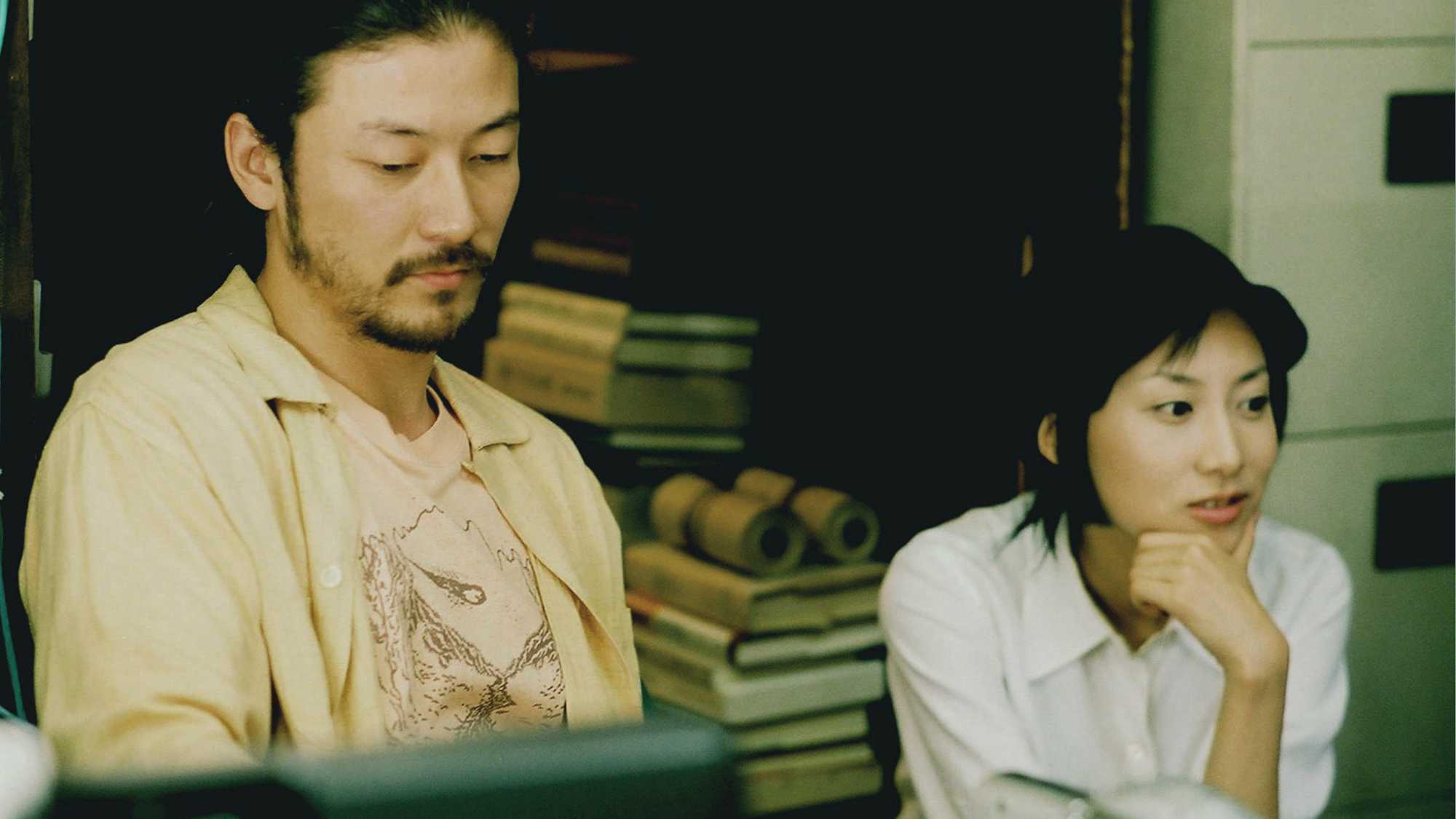The great Taiwanese director Hou Hsiao-hsien has made a Japanese family drama to celebrate the centenary of the great Japanese director Ozu Yasujiro. “It is a film about happiness: something you can not see but something that Hou makes poetic, empowering and almost palpable.” — Financial Times

Screened as part of NZIFF 2005
Café Lumière 2004
Kohi jikou
The great Taiwanese director Hou Hsiao-hsien has made his own kind of Japanese family drama to celebrate the centenary of the great Japanese director Ozu. In the observational style of all Hou’s films, we watch a young single Tokyo woman (singer Hitoto Yo) attend to her professional life (researching Taiwanese composer Jiang Wen-ye). We meet her bookstore attendant friend (Asano Tadanobu) who works on an art project using urban transit sounds and imagery, and who fancies her more than he says; and her parents, from the outskirts, who barely articulate their serious concerns about her future. Hou’s camera contemplates 21st-century Tokyo with arresting serenity, placidly capturing the tangle of cabling, pipelines, wires and rails that characterises almost any view of the city, and the way in which the subways emit endless streams of people into the streets. The impression of an ineffable emotional torpor within the perpetual hum of activity is strangely soothing. — BG
Café Lumiere, the title of Hou Hsiao-hsien’s latest, refers not merely to the tiny shop where the heroine (a writer who’s researching a thirties Japanese classical composer) and her soul mate (a used bookstore owner devoted to recording the sounds of the Tokyo tram system) occasionally meet but to the luminosity of the entire physical world. Made in celebration of the 100th anniversary of Ozu’s birth. Hou’s unassuming and utterly ecstatic film – thanks in part to Mark Lee Pin Bing’s softly radiant cinematography – is filled with homages (the opening shot of the train is right out of Tokyo Story). Hou borrows Ozu’s signature low-angled framing but maintains his own fluid style of camera movement. Some 40 years after Ozu’s death, the traditions that govern middle-class Japanese family life – the crux of his films – are even more frayed. Hou’s quietly self-possessed heroine is pregnant and completely uninterested in marrying the father of her future child, much to the bewilderment of her parents. We hope that she and the bookstore owner will become a couple, but Hou resists any such closure. Instead he offers glimpses of ephemeral beauty and the quotidian rendered transcendent through the play of light. — Amy Taubin, Film Comment